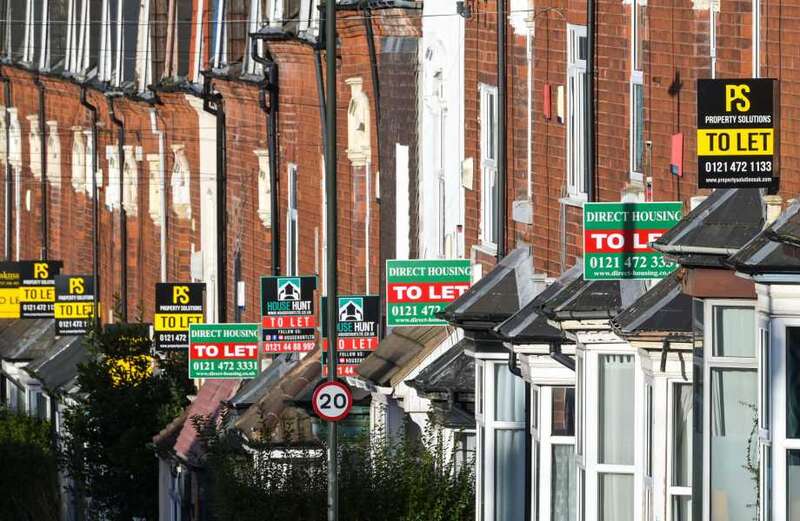THE 10 areas that will be least affected by falling house prices have been revealed.
New analysis by Garrington Property Finders has found the areas which are the most "recession proof".

According to the house hunting firm, the London borough of Kensington and Chelsea is set to be the least affected area.
Followed by Westminster, Camden, Swansea and Oxford.
The ranking was based on factors including the levels of mortgage debt, the proportion of first-time buyers and price changes in the past year.
 Spectacular New Year fireworks light up London sky as huge crowds celebrate across UK for first time in three years
Spectacular New Year fireworks light up London sky as huge crowds celebrate across UK for first time in three years
The firm said that each of the areas have fewer people with mortgages, so are unaffected by rising mortgage rates.
Garrington’s analysis shows that 27.6% of households in Kensington and Chelsea own their home outright.
Levels of outstanding mortgage debt in the wealthy borough
are exceptionally low, at just 7.3% of the total value of homes there.
Each of top 10 are all pretty pricey areas where there are "almost no" first-time buyers, said Garrington.
Here is the full list of areas:
- Kensington and Chelsea
- Westminster
- Camden
- Swansea
- Oxford
- York
- Cambridge
- Hammersmith and Fulham
- Bournemouth
- Exeter
Jonathan Hopper, of Garrington Property Finders, said: “Prime London postcodes, as well as several popular university cities, are the most likely to escape relatively unscathed.
“Homeowners in these markets often have a good chunk of equity under their belts and are therefore more insulated from rising mortgage costs.
“Unlike much of the country, the three London boroughs in our ‘most resilient’ top 10 also saw prices fall last year, making them less prone to further correction now and thus an attractive proposition to buyers looking for stability.”
At the other end of the scale, first-time buyer favourites Milton Keynes and Crawley face the highest risk of falling prices.
First-time buyers typically have few savings to fall back on and are more exposed to interest rate rises as mortgage payments swallow up a big chunk of their earnings.
 Robbie Williams poised to launch his own brand of energy drinks to rival Prime
Robbie Williams poised to launch his own brand of energy drinks to rival Prime
In Crawley they account for 7.1% of households, whereas they make up just 0.1% of Kensington and Chelsea residents.
Almost a third (32.1%) of households in Crawley have a mortgage on their home and the total debt-to-equity ratio is three times higher than Kensington’s at 21.4%.
It comes as the average UK house price fell by 0.6% in January, according to Nationwide's latest index.
Annual house price growth slowed to 1.1%, from 2.8% in December, and the typical property value is now 3.2% lower than its August peak, according to Nationwide.
The average UK house price in January 2023 was £258,297.
The annual growth rate of 1.1% is the lowest since the early months of the pandemic, in June 2020, when house prices fell by 0.1% annually.
House prices started to stall in September after the fall out from the mini-Budget.
Mortgage rates have also been on the rise as the Bank of England has hiked rates consecutively pushing up borrowing costs for millions.
Robert Gardner, Nationwide’s chief economist, said: “There are some encouraging signs that mortgage rates are normalising, but it is too early to tell whether activity in the housing market has started to recover.
“The fall in house purchase approvals in December reported by the Bank of England largely reflects the sharp decline in mortgage applications following the mini-budget.
“It will be hard for the market to regain much momentum in the near term as economic headwinds are set to remain strong, with real earnings likely to fall further and the labour market widely projected to weaken as the economy shrinks.”
Do you have a money problem that needs sorting? Get in touch by emailing money-sm@news.co.uk
































